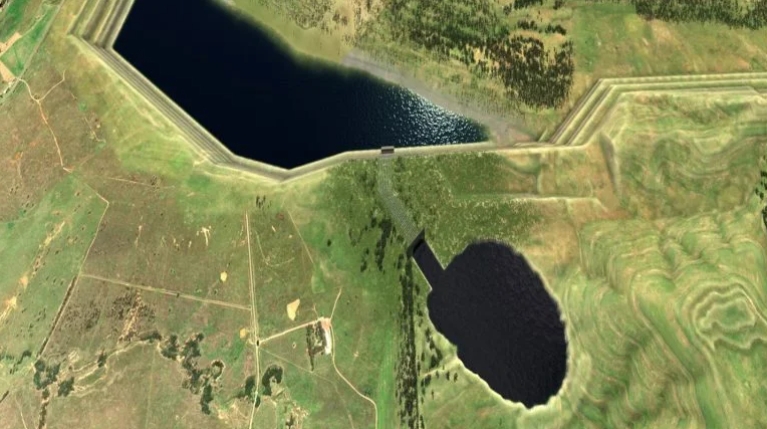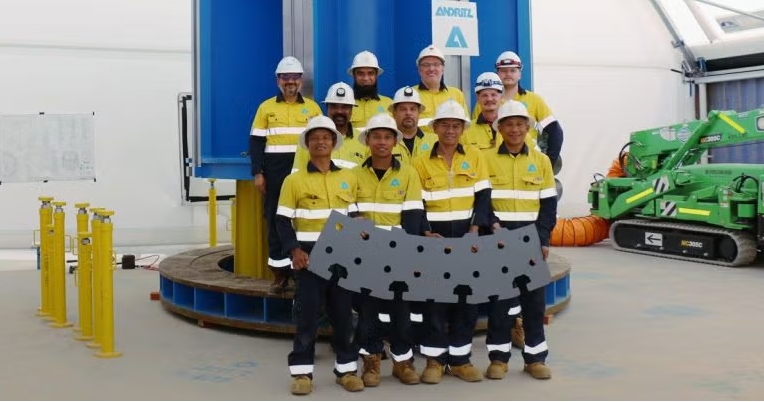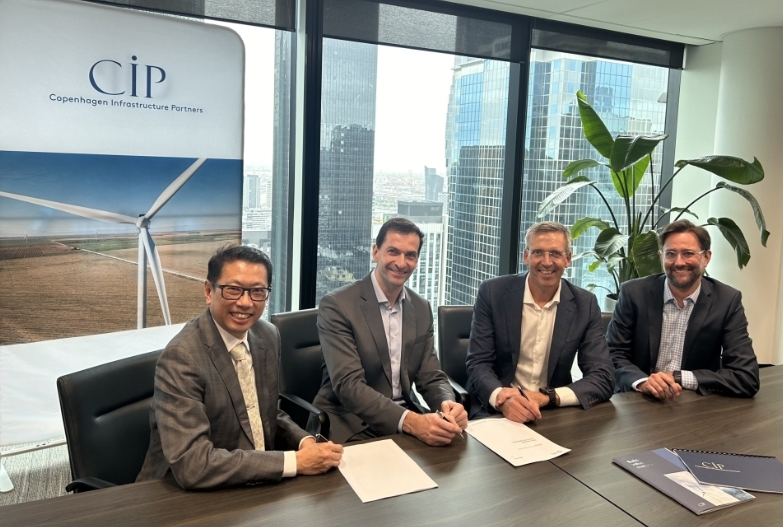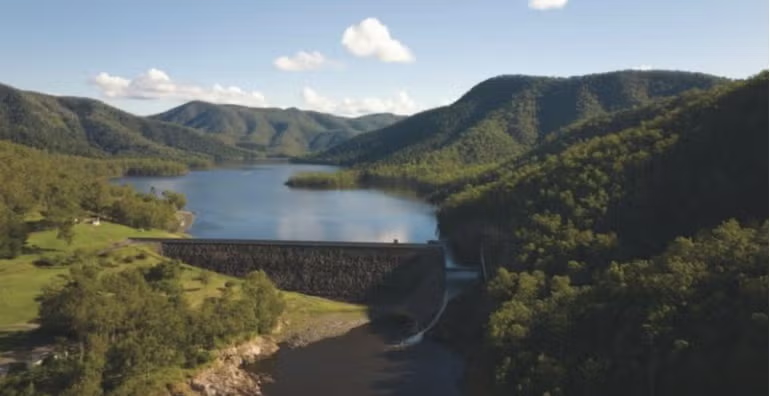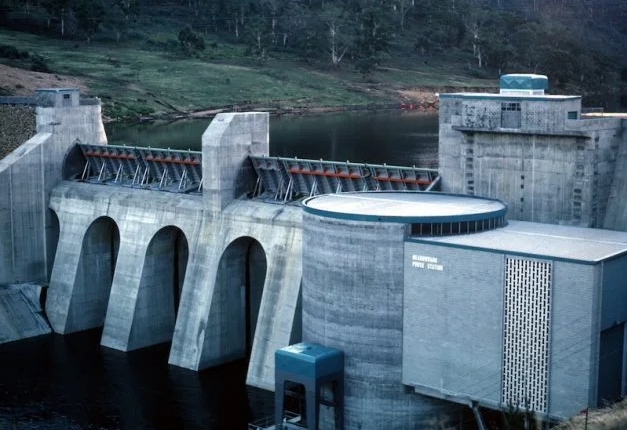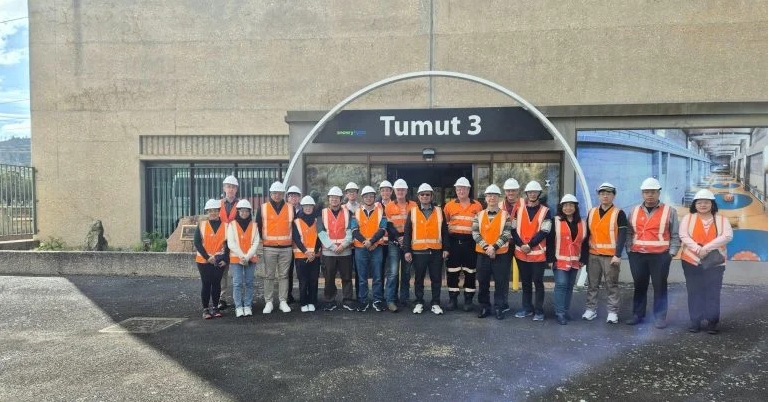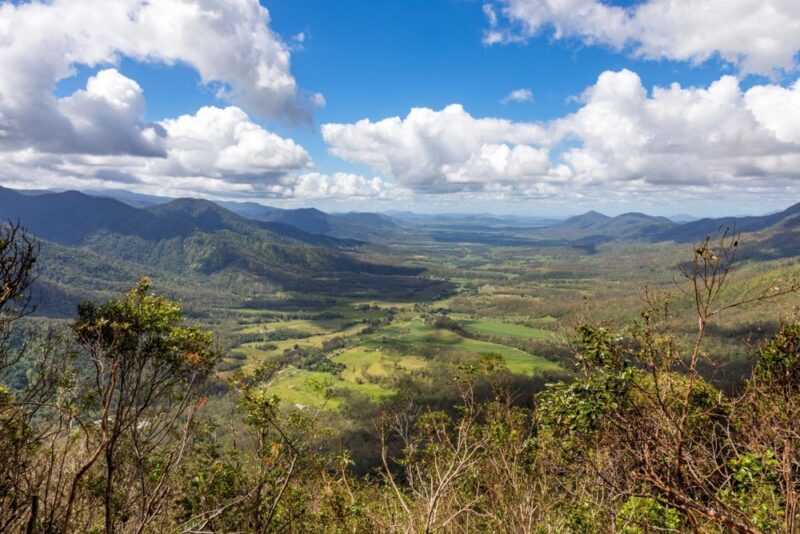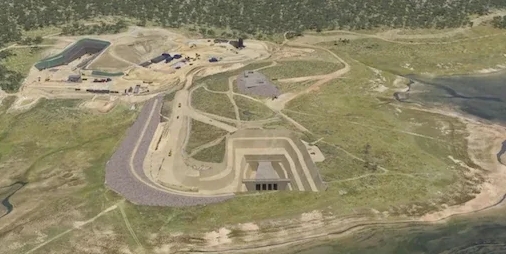UK government ministers awarded development consent to Swedish company Vattenfall’s plans for a 1.8GW wind farm in the UK North Sea on 30 June.
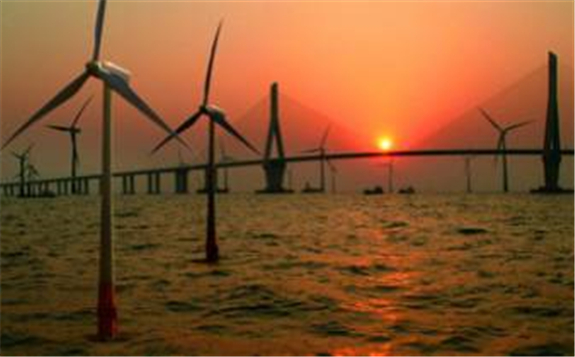
The Norfolk Vanguard wind farm will comprise 90 to 180 turbines with heights of up to 350m. Vattenfall has not yet confirmed which turbine supplier it will use. The wind farm will lie 47km offshore from Happisburgh, Norfolk, where the connection cable will make landfall. The cable will then continue for 60km onshore to a substation.
The company says the turbines will power 1.95 million homes. It also says it will create 150 permanent jobs, shared between the new site and the nearby Norfolk Boreas wind farm.
Vettenfall expects first power from the farm in the mid-2020s, but has not yet announced a construction date. It has also not disclosed the cost of the Norfolk Vanguard farm, or the specifications of the turbines.
The company’s wind business senior vice president Gunnar Groebler said: “This decision justifies the confidence that we have in the offshore wind sector in Britain, and we’re looking forward to developing the project and benefiting the local community. Vattenfall’s purpose is to power climate smarter living. Decarbonising our economies starts with one of the most essential resources – electricity.”
Executives react to the approval of Norfolk Vanguard
Country manager and head of UK offshore wind Danielle Lane said: “This is a great step forward in the battle against climate change, to increase jobs and skills in the East of England, and for the offshore wind industry as a whole. The Norfolk Vanguard Offshore Wind Farm will generate enough power for almost two million homes each year while saving over three million tonnes of carbon dioxide emissions – the same as taking approximately 1.6 million cars off the road.”
“Today is also great news for people living locally, who we’ve been working with over the last four years to develop this project. They can look forward to a multi-billion-pound economic boost, bringing with it hundreds of new long-term jobs.
“It’s vital that other shovel-ready renewable and low-carbon projects are also given the go-ahead as soon as possible. Delays of even just a month or so can set back big infrastructure developments by years in some cases. The UK has to go much further, much faster, if it’s going to reach its net-zero targets.”
The Hornsea 3 wind project also recently edged closer to permission. Plans for this wind farm were submitted 12 days before those for the Norfolk Vanguard project. However, developer Ørsted was asked for more documentation when Vattenfall’s project was approved.
Ørsted will now have until the end of September to submit information to the planning inspectorate, which has said it is “minded to approve” the plans.
